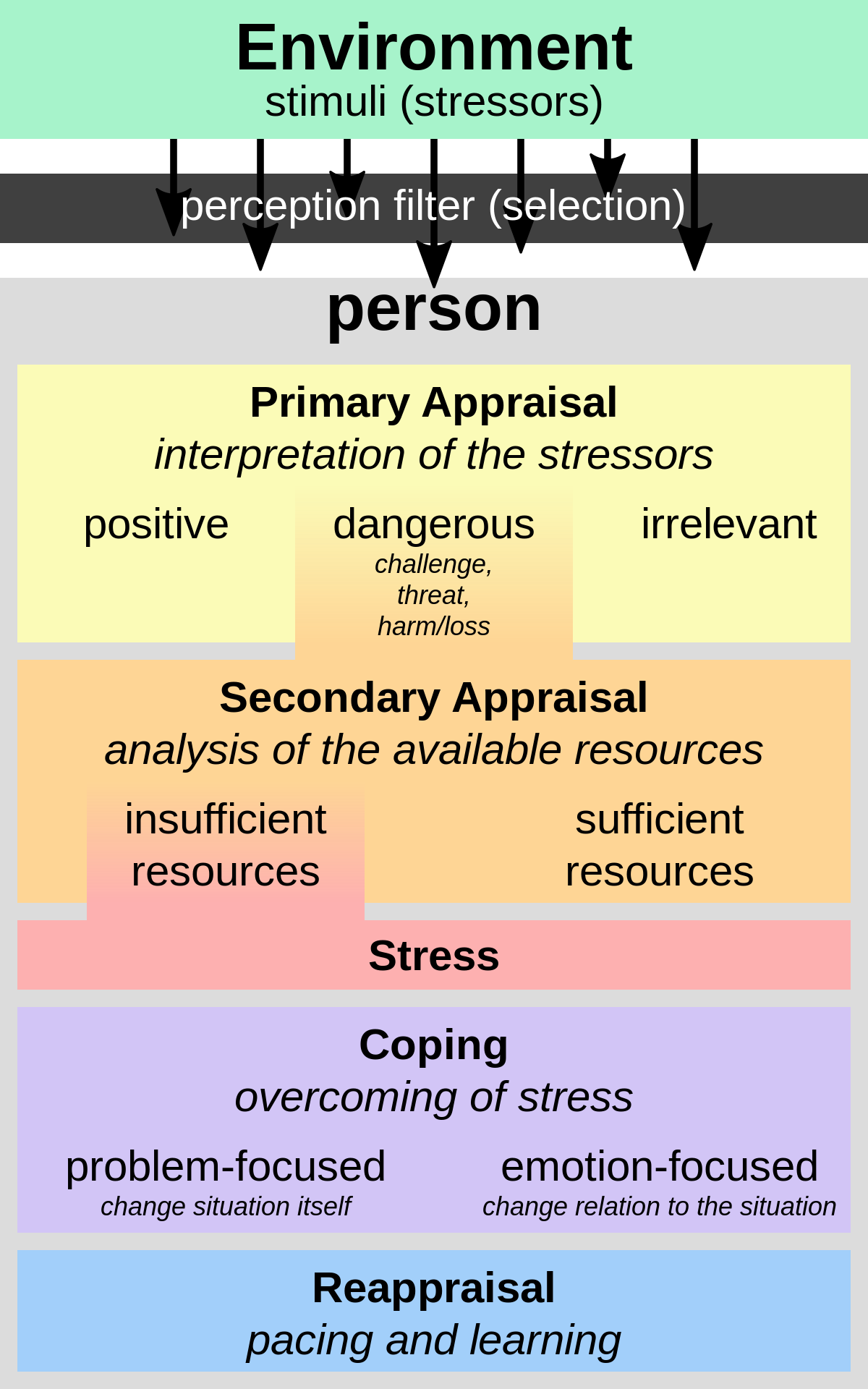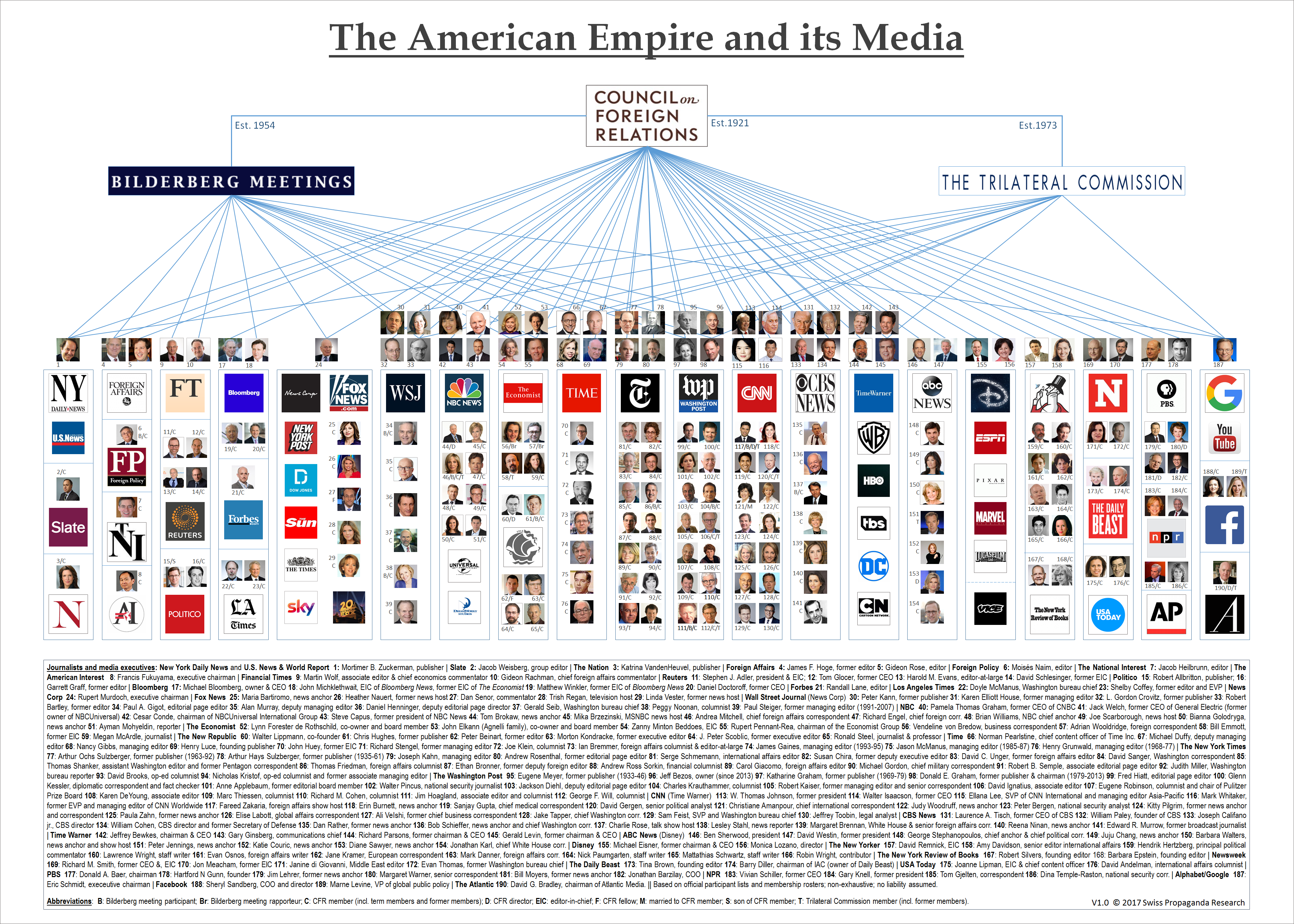
Richard Lazarus - Wikipedia
Richard S. Lazarus (March 3, 1922 – November 24, 2002) was an American psychologist who began rising to prominence in the 1960s. A Review of General Psychology survey, published in 2002, ranked Lazarus as the 80th most cited psychologist of the 20th century.[ 1] He was well renowned for his theory of cognitive-mediational theory within emotion.[ 2]
After graduating from City College of New York and the University of Pittsburgh, Lazarus joined the faculty at the University of California, Berkeley in 1957.[ 3]
During the 1970s, Lazarus worked with PhD student Susan Folkman studying stress and coping. In her doctoral thesis, Folkman coined the terms "problem-focused coping" and "emotion-focused coping."[ 4] Lazarus and Folkman co-authored a book called "Stress, Appraisal and Coping" in 1984, which worked through the theory of psychological stress, using concepts of Cognitive appraisal and coping.[ 5] [ 6] In this book, they were the first to make the distinction between "problem-focused coping" and "emotion-focused coping" which could result in consequences for both physical and mental health.[ 7] They described "emotion-focused coping" as dealing with stress by regulating one's emotions and "problem-focused coping" as "directly changing the elements of the stressful situation".[ 8]
Lazarus advocated the importance of emotion, especially what he described as the marriage between emotion and thought.[ 9] His views put him at odds not only with behaviorism but also with a movement that began toward the end of his career: attempts to explain all human behavior by looking at the structure of the brain.[citation needed ] He was very opposed to reductionist approaches to understanding human behavior.






:focal(938x536:0x0)/cloudfront-us-east-2.images.arcpublishing.com/reuters/NIVM47UJNVIB7FLZTHAUZTTAMU.jpg)
/cdn.vox-cdn.com/uploads/chorus_asset/file/25710219/Hello_static_asset.png)














